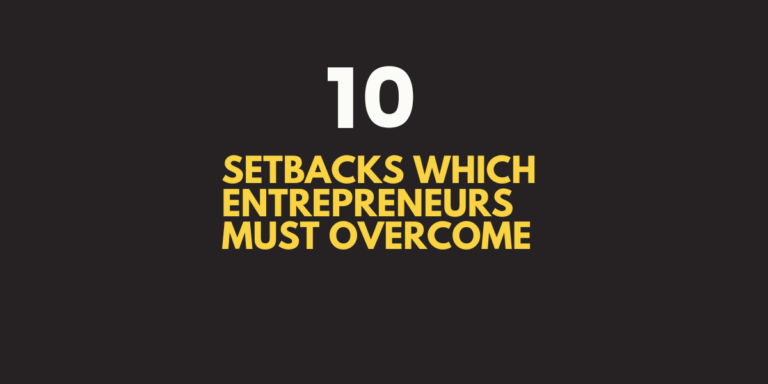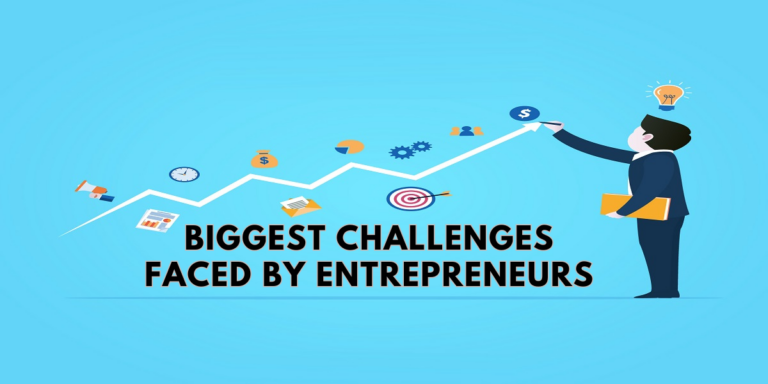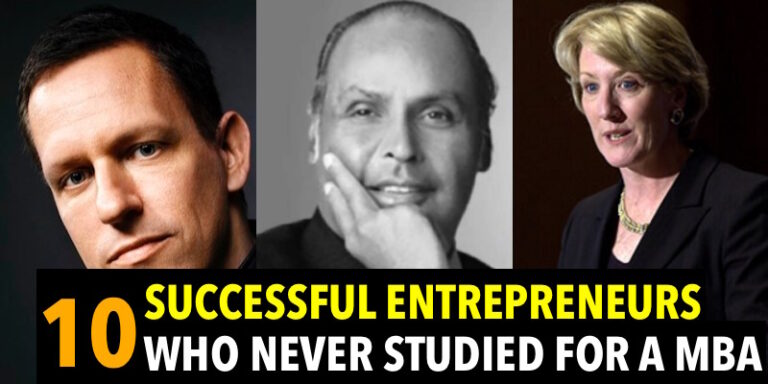Elon Musk is now considered Earth’s most future-oriented person. He is an American entrepreneur, inventor and investor. He is best known for his role as CEO of electric-car manufacturer Tesla Motors, and as co-founder of online money transfer system PayPal, and of commercial space program SpaceX.
“Elon Musk is an inventor and builder wrapped into one, kind of like a combination of Benjamin Franklin and Steve Jobs, on steroids,” Randy Ottinger, Executive Vice President at Kotter International, once said.
Here are the 10 success lessons from Elon Musk – “The Real Life Iron Man” for entrepreneurs,
1. Articulate a powerful vision
The most effective leaders have a powerful vision, which they share, and lay the path to achieve the vision. They are able to influence others to see their view. On top of that, ordinary people have a vision that is evolutionary, while the greatest and most effective leaders like Elon Musk have a vision that is revolutionary – they know how to leap forward, changing the game.
Elon Musk’s response to the traffic problem is a high-speed railway known as Hyperloop, which would transport passengers from Los Angeles to San Francisco in 30 minutes, that is 800 miles per hour. His plan will take eight years to build at a cost of about $10 billion.
2. Ideas are only as good as their execution
An idea that is not executed well remains just an idea; an idea that is implemented exceptionally well can become a great business. Effective leaders not only harness the power of innovative minds, they create fundamentally sound business models that lead to strong financial results as well. Leaders today must be able to innovate AND execute well.
They also need to know their limitations, when to step out of the way, and when to allow others with the available capacity to lead. Today, the Hyperloop is just an idea. Given Musk’s other priorities it will be left (and has been offered) to others to execute.
Also Read: Will Elon Musk’s SpaceX win the cost race against ISRO
3. World-changing innovation can come from anywhere
Musk’s Hyperloop idea is the by-product of having two companies with a vision, not just to produce cars or space-ships, but to change the way we view transportation. Musk has offered it up to the public as an “open source” idea, amplifying the truism that leaders find ways to involve and enlist larger groups in solving problems.
4. Operate with integrity
Musk borrowed money from the government to start Tesla. Recently, he repaid his over $400 million taxpayer-supported loan saying, “I would like to thank the Department of Energy and the members of Congress and their staffs that worked hard to create the ATVM program, and particularly the American taxpayer from whom these funds originate.” Leaders can make money walking on the backs of others. They leave legacies by lifting others up.
5. Build great products
After selling his shares in Zip2, Musk was co-founder and integral to the development of PayPal, which is obviously integral to the online business world with over 173 million active users – its reputation conveys its value as a great product.
PayPal is at the other end of the spectrum from Musk’s later ventures – Tesla Motors, SpaceX and SolarCity. Musk was in charge of the design of the award winning electric sports car Tesla Roadster which has sold in 31 countries, developing the product just after the financial crisis of 2008.
Tesla Motors is a part of the future of motoring in a world of climate change and their move to family cars since 2012 demonstrates Musk’s visionary ideals of the electric car are affordable and mainstream.
6. Have confidence
The greatest leaders have unshakeable self-confidence and believe in self. If you pay attention to success literature, one of the first thing that the reader notices is that many successful people believe in leveraging other people’s money to finance their projects, that way if they fail, they do not lose their personal wealth.
On the other hand, Elon Musk has such unshakeable confidence in himself and his capabilities that he uses his own money to finance his projects. He invested over $100 million of his own money into SpaceX (Space Exploration Technologies Corp), $10 million into SolarCity, and at least $55 million into Tesla Motors. Inc.
Also Read: 10 Success lessons from Elon Musk – “The Real Life Iron Man” for entrepreneurs
7. Disturb the comfortable
Musk has never been afraid to shake things up. He completely ignored everything we knew about car manufacturing and created something entirely different. And though it’s not the flying car, the inception of Tesla has completely upset the auto industry.
Tesla is insanely efficient, completely upgradable (without having to buy a whole new vehicle) and undeniably luxurious. Even the act of purchasing a Tesla is outside the box.
8. Know how to persevere
Elon Musk and other great leaders know that failure is feedback. Musk believes that he can cut the cost of space travel and set out to make it a reality. Along the journey, he faced delays in design and testing, which pushed him a few years behind schedule.
His original scheduled launch was a failure because the engine caught fire. The second test did not go as far into orbit as he expected. But he didn’t abandon his project, instead he learned lessons from his failures and made corrections along the way, until his Falcon rocket had its first successful launch in June 2010.
9. Continuous learning is a priority
Effective leaders like Elon Musk are constantly generating ideas. As a serial entrepreneur, he has created several billion dollar companies based on his ideas, how does he do it? Musk is a serious reader, who is able to see the interconnection of two things that others cannot see. This allows him to make big leaps forward.
10. Network and connect
As a college student, Musk cold-called interesting people that he would like to meet. One of those people was Peter Nicholson, a top executive at the Bank of Nova Scotia.
This phone call led to a meeting with Nicholson and landed Musk a summer internship. Musk’s experience at the bank would eventually be the impetus for the digital payment service PayPal.




